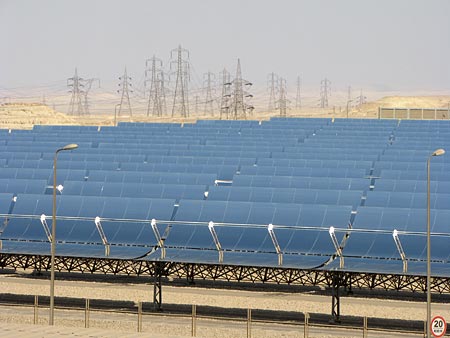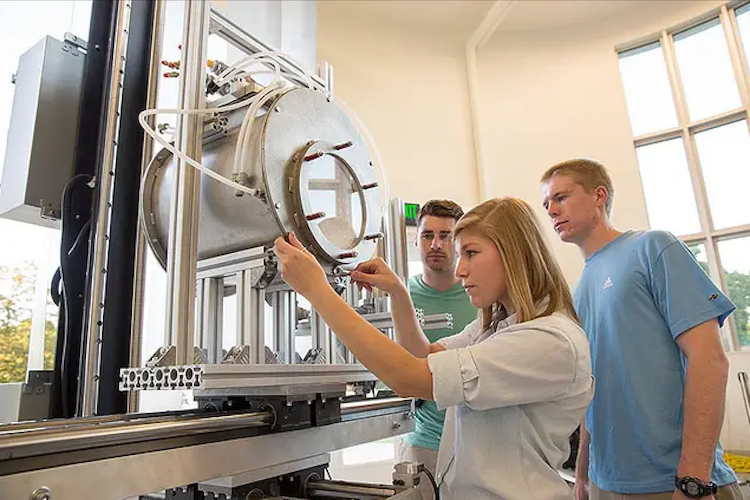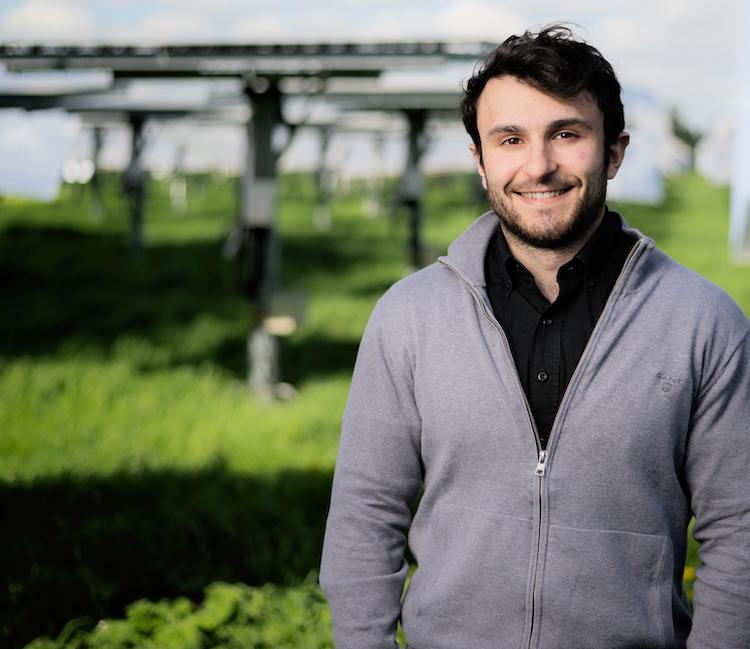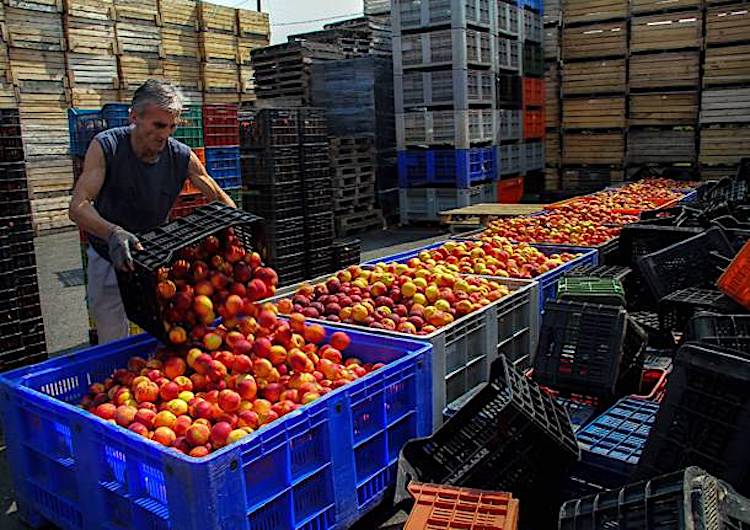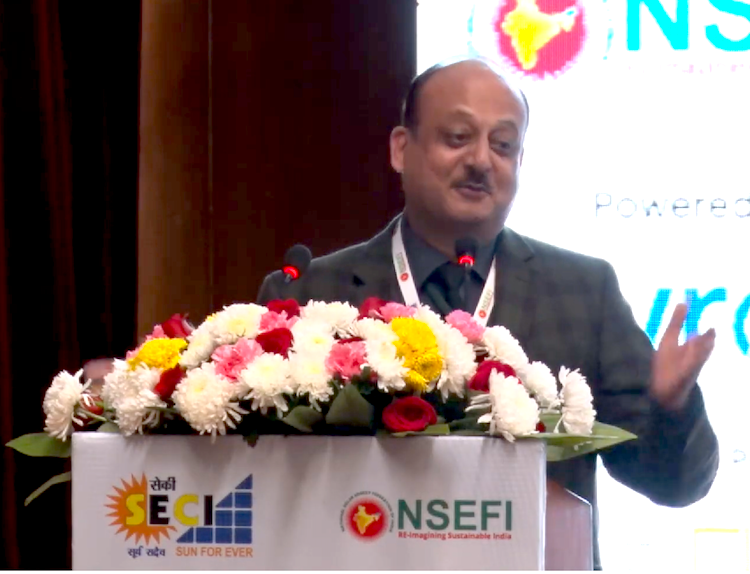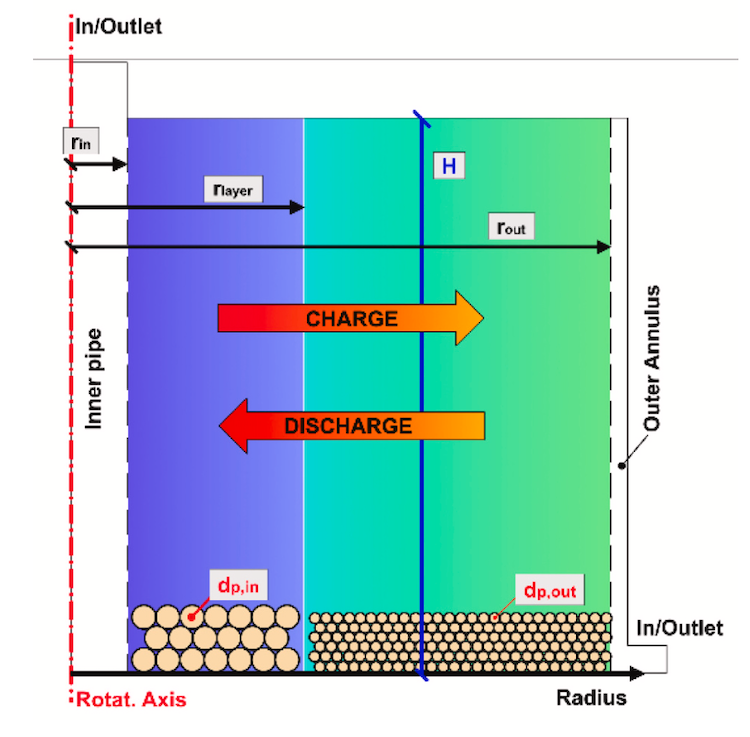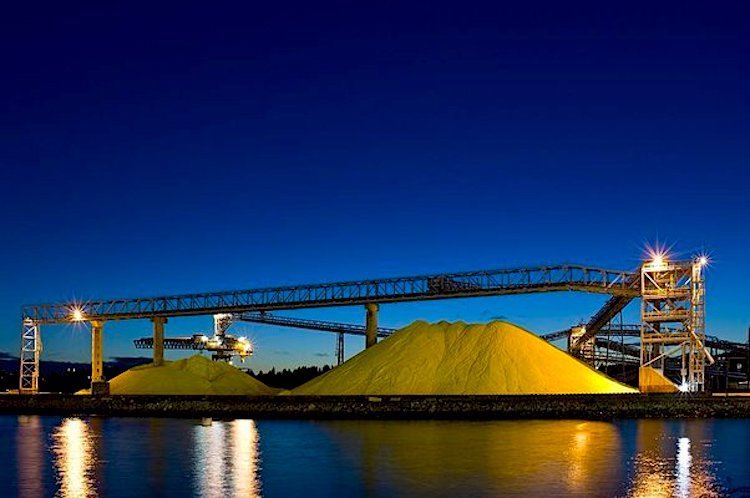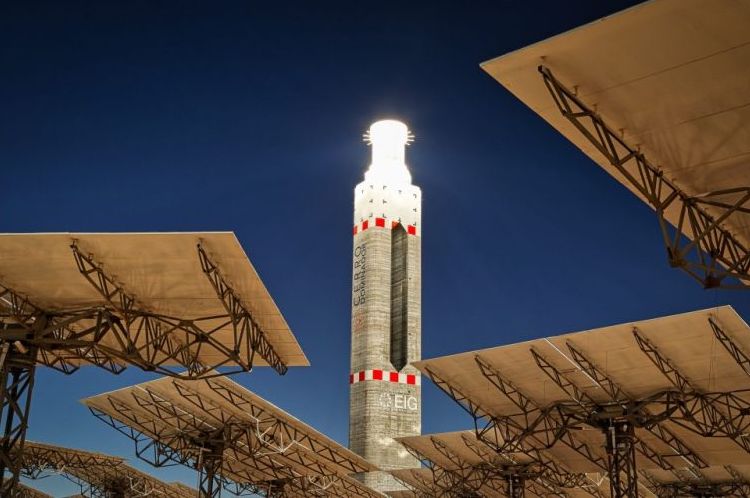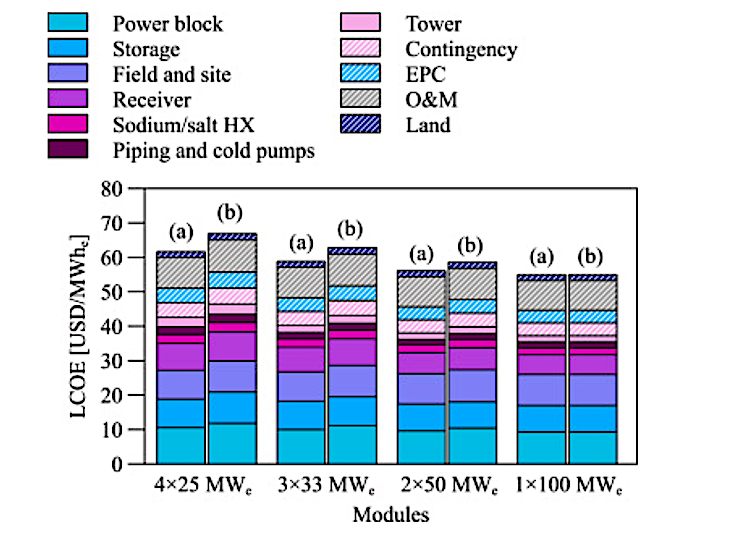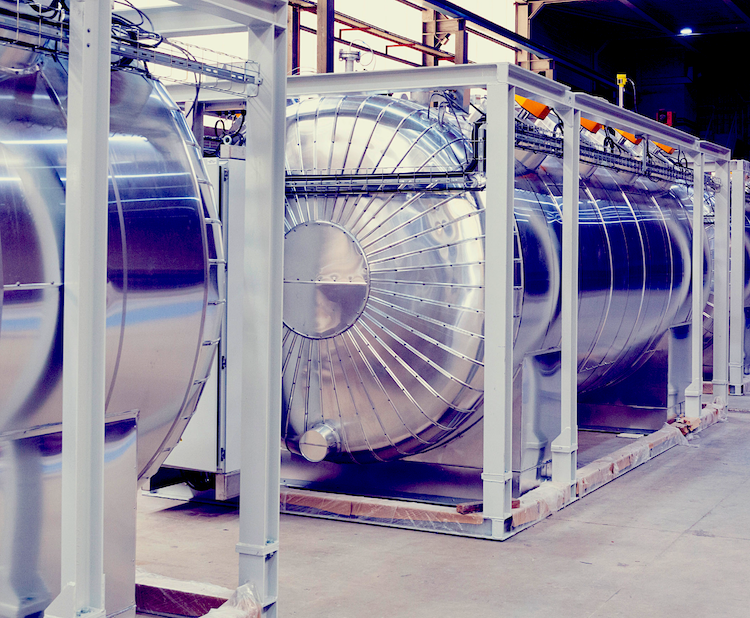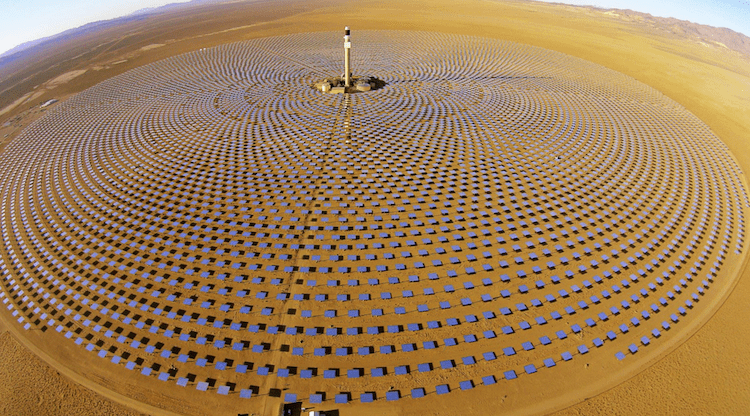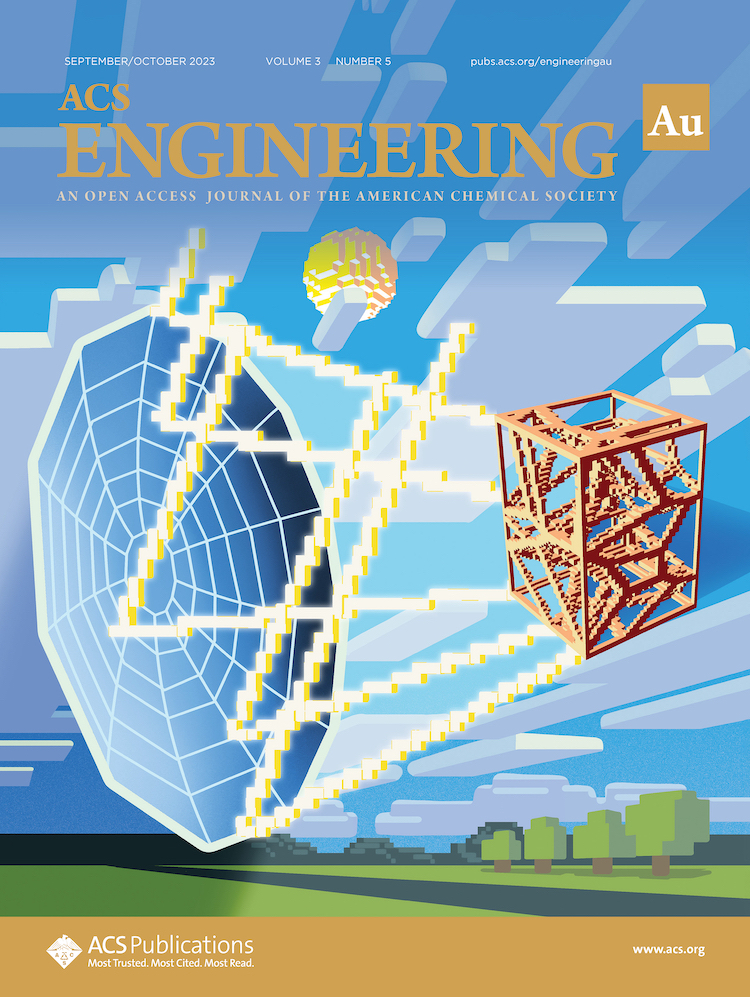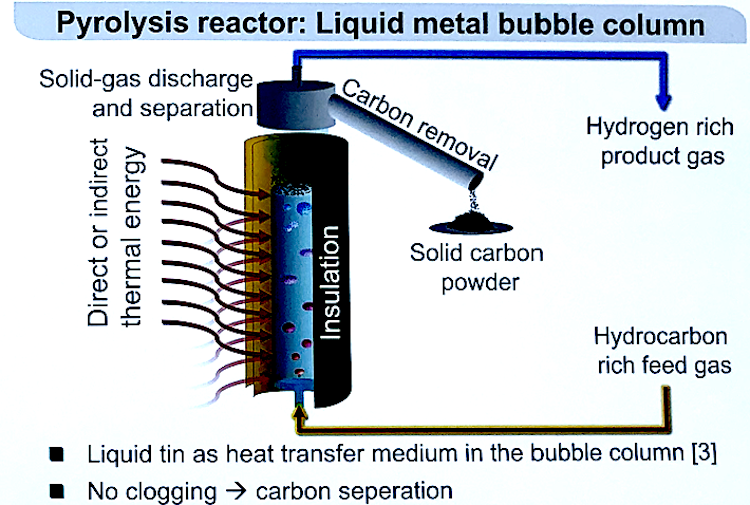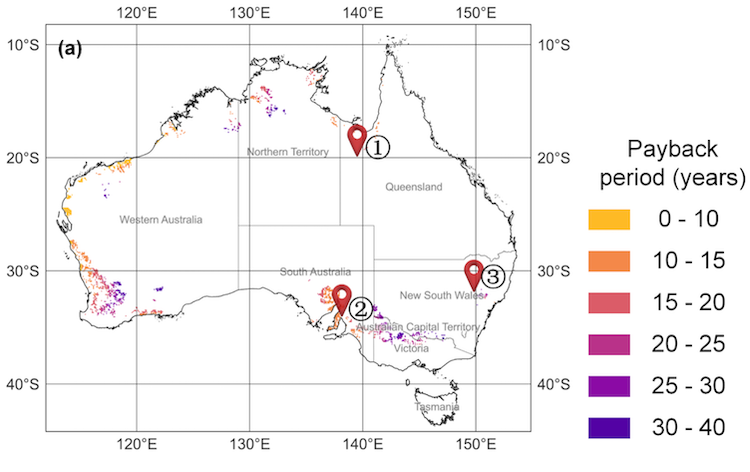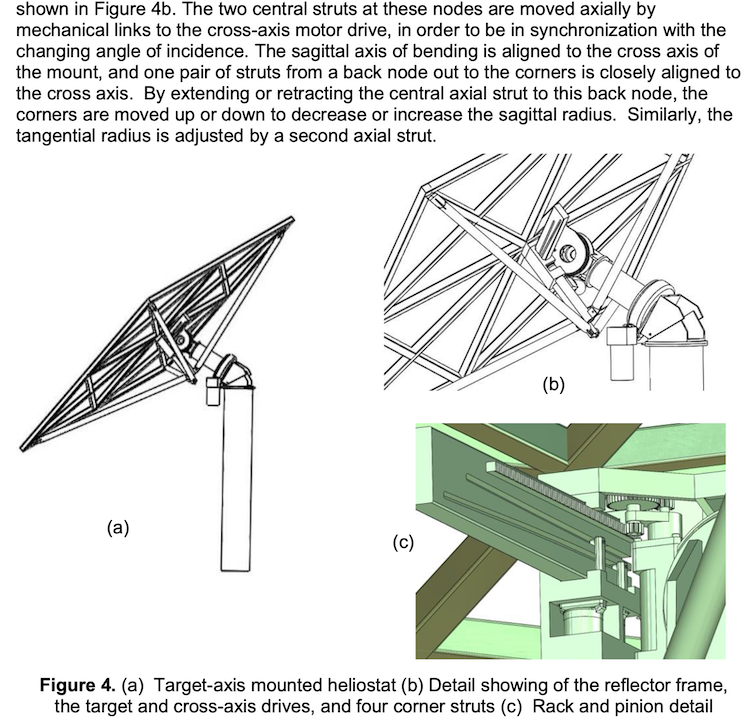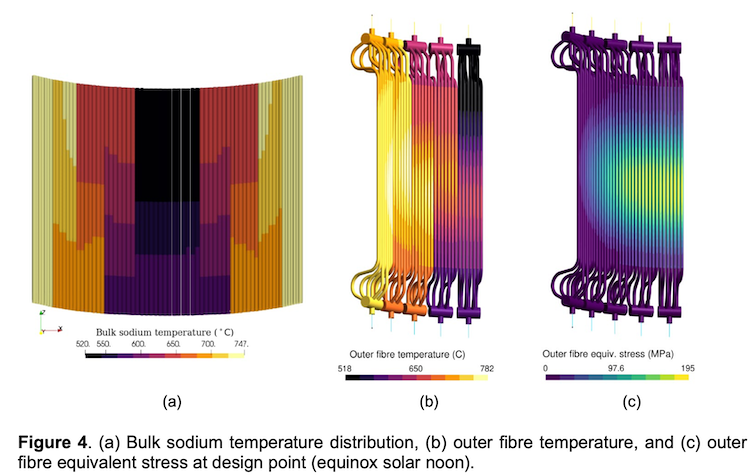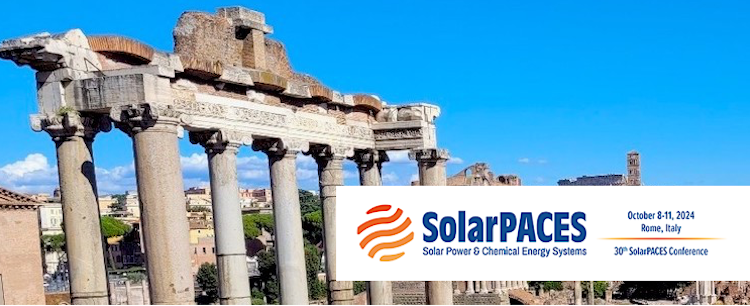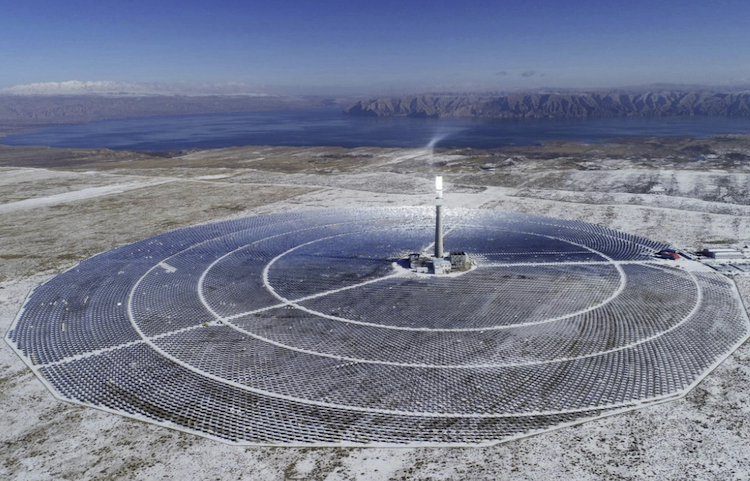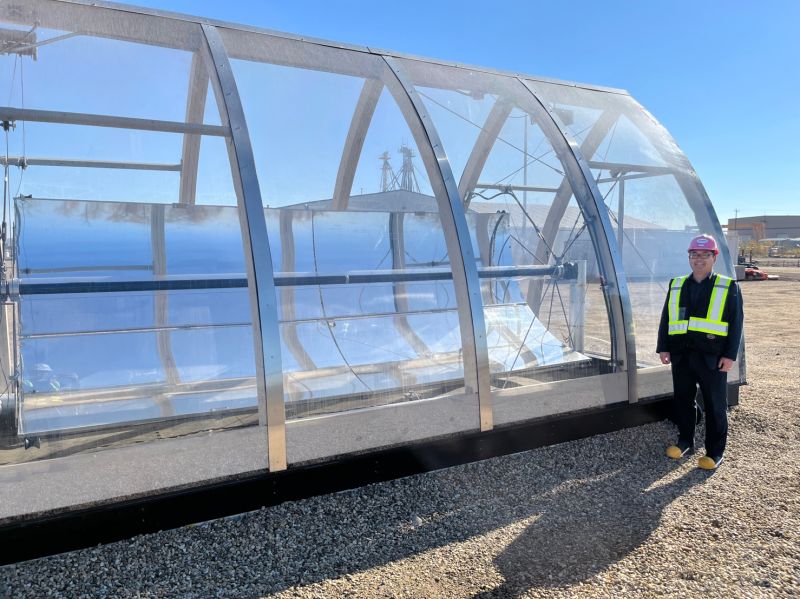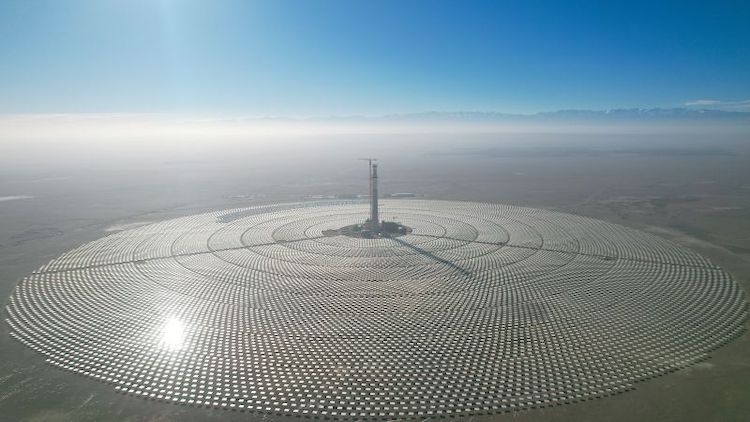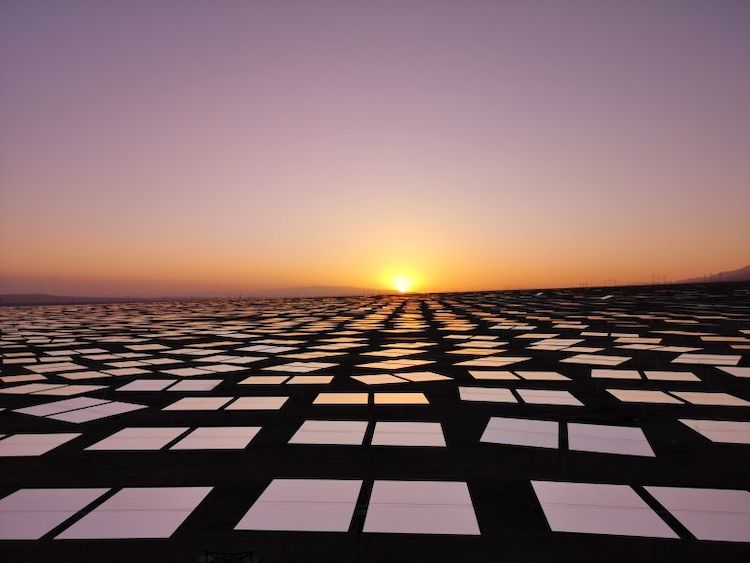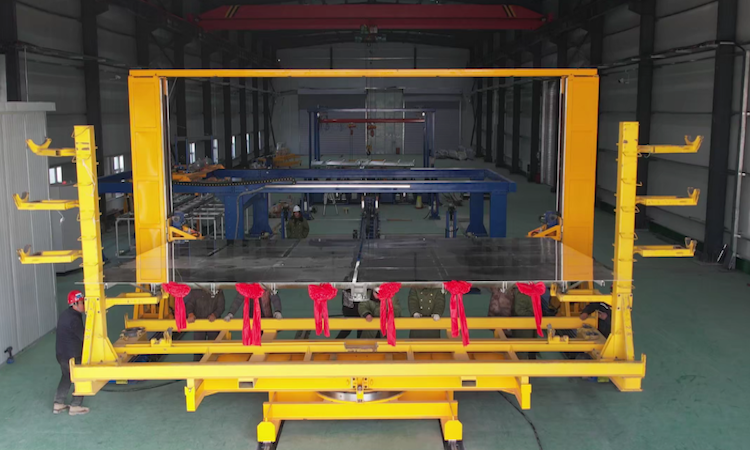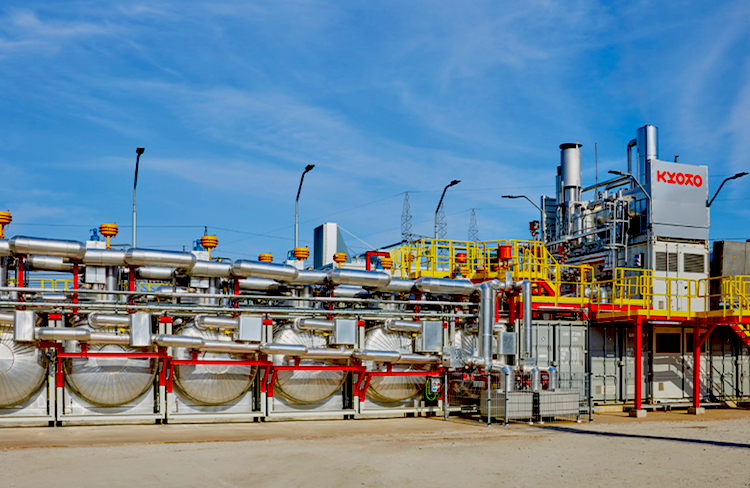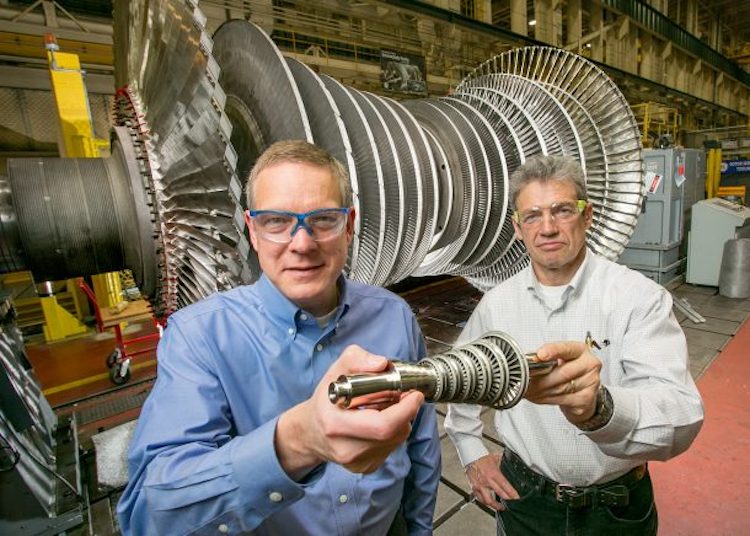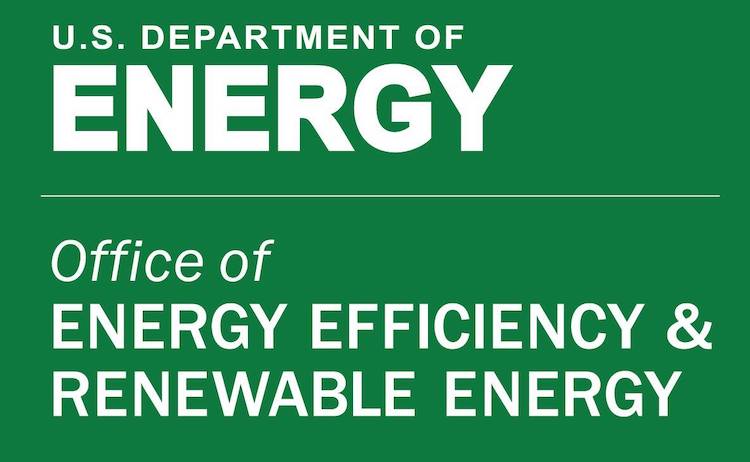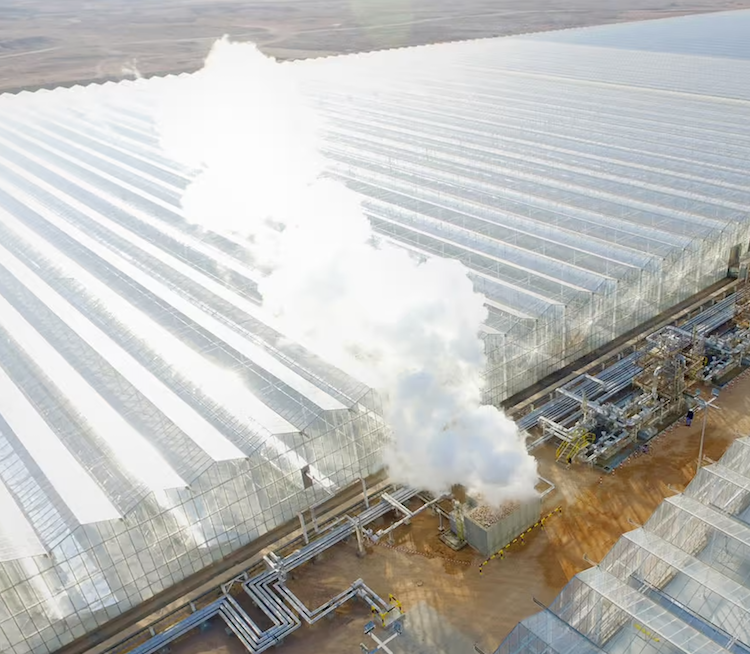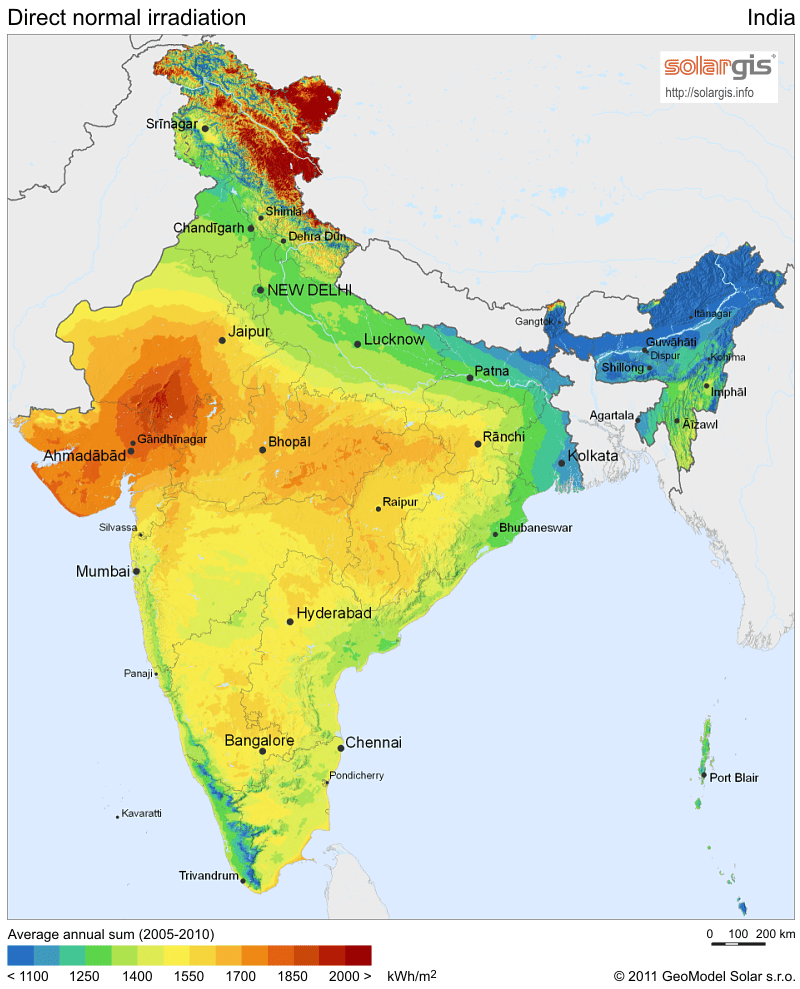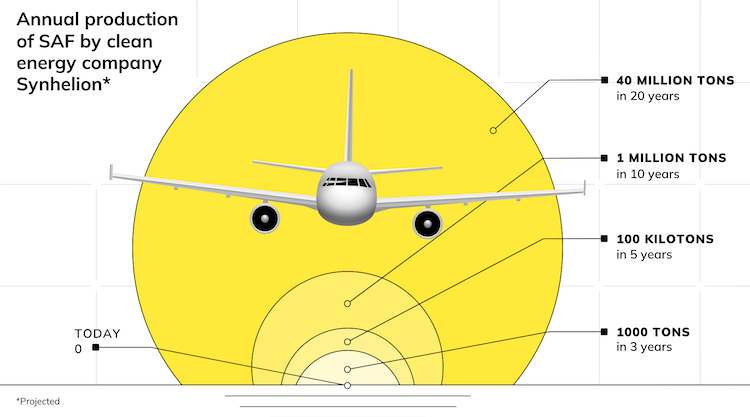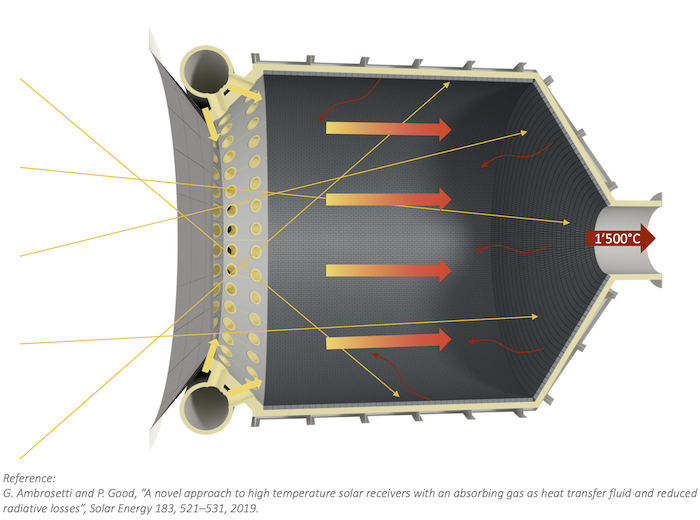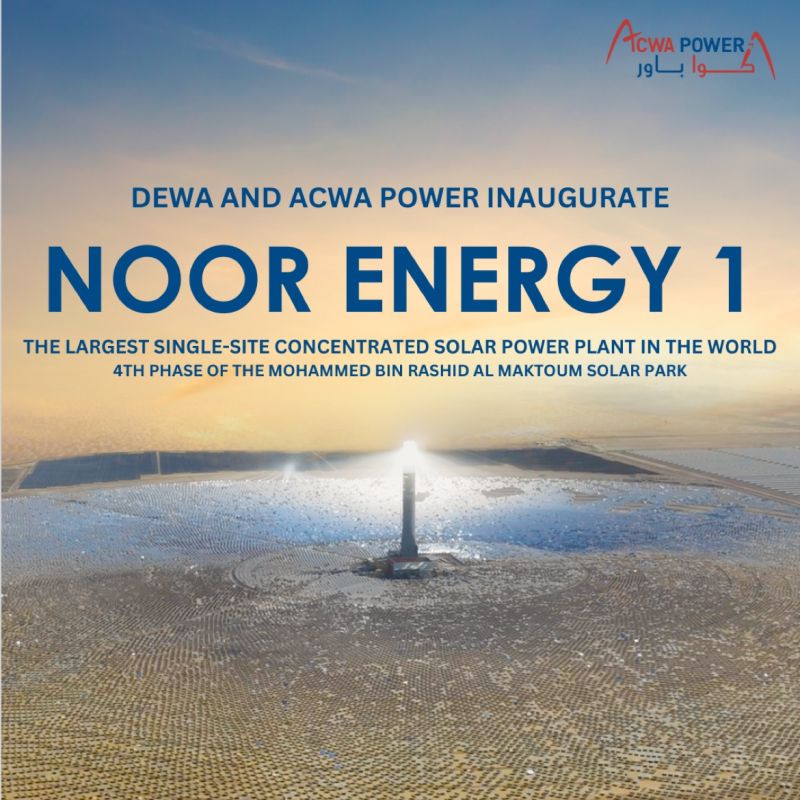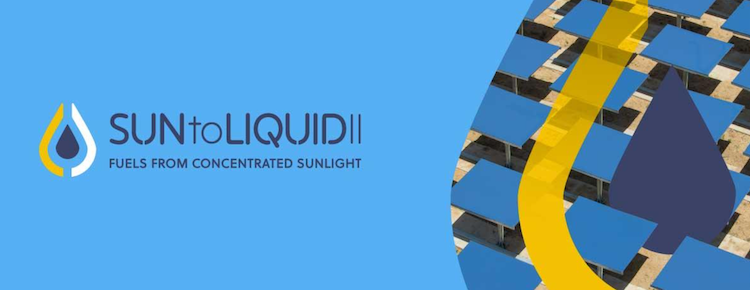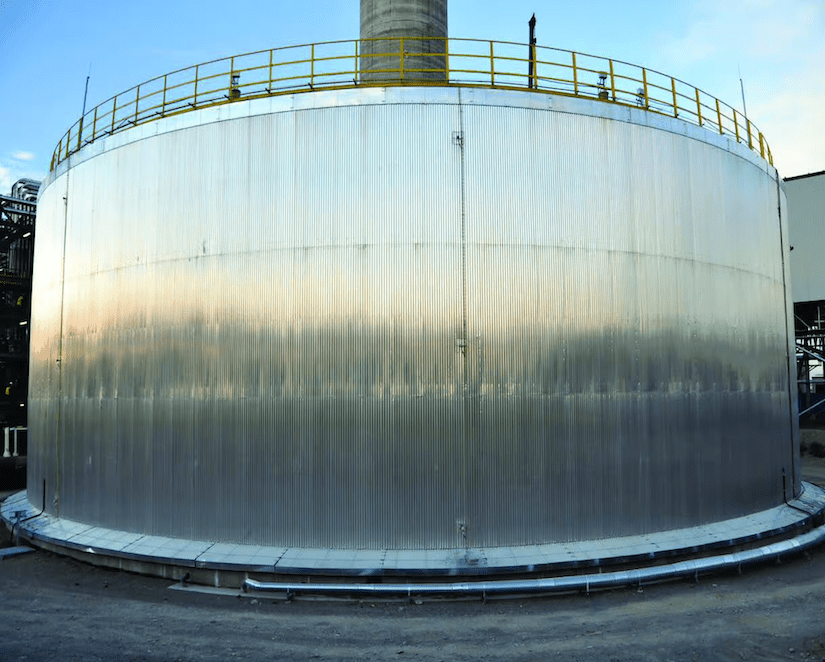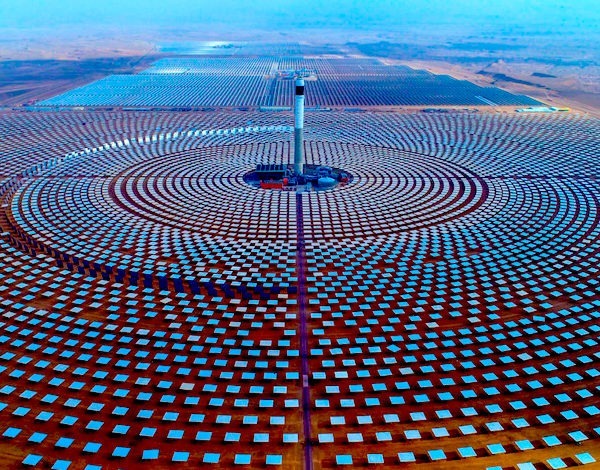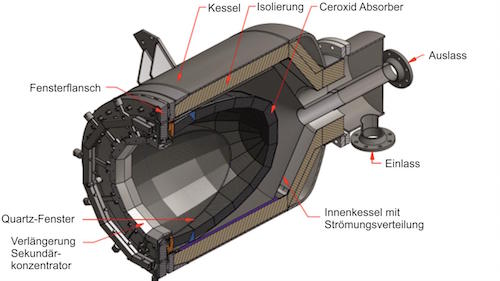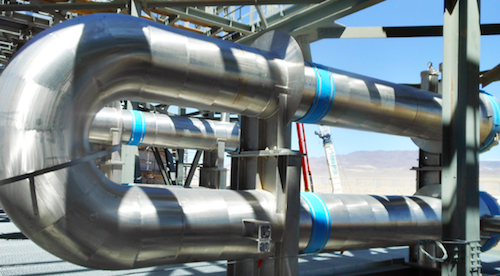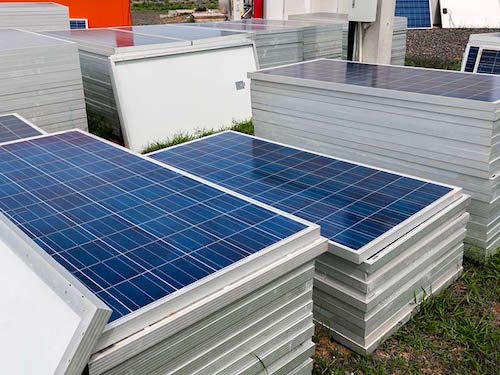Information Updated through February 2013: CSP project development in Egypt
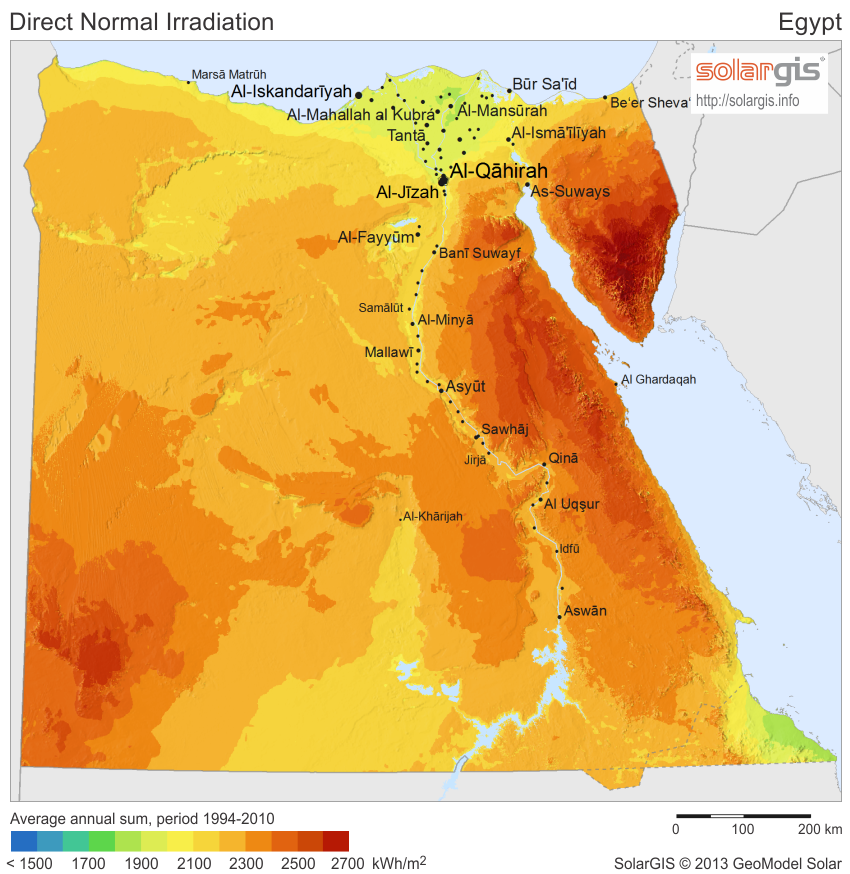
| Area |
1,002,450_km2
|
| Population (2012) |
83,688,164
|
| GDP (2011) |
229,531 US$ mill.
|
| Installed power capacity (2010) |
23.5 GW
|
| Electricity consumption (2009) |
123,448 GWh
|
| RE installed capacity (2012) |
12%
|
| Generation from CSP (2012) |
–
|
| Primary energy production (2009) |
88.2 MTOE
|
| Primary energy net export (2009) |
15 MTOE
|
| Total primary energy supply (2009) |
72 MTOE
|
| Total final consumption (2009) |
49 MTOE
|
Kuraymat
The New & Renewable Energy Authority (NREA) was established in 1986 to act as the national focal point for expanding efforts to develop and introduce renewable energy technologies to Egypt on a commercial scale together with implementation of related energy conservation programs.
In 1996, a SolarPACES START Mission was requested by the hosting New and Renewable Energy Agency (NREA) and the Egyptian Electric Authority (EEA) of the Government of Egypt, to provide information exchange by independent experts on solar thermal technologies applicable in Egypt. The START Mission recommendations served as the information basis and independent expert evaluation for Egypt’s subsequent application to the Global Environmental Facility, to support the identified 140MW Integrated Solar Combined Cycle (ISCC) power plant project at Kuraymat with a 50 Million dollar grant under GEF-OP7.
In Febrary 2008, the Supreme Council of Energy set a target to satisfy 20% of the electricity output from renewable energies by 2020 including 12% from wind, 5.8% from hydro and 2.2% from solar (CSP+PV).
In June 2011, the ISCC Kuraymat project was put into commercial operation. The capacity of the project is 140 MW including a solar share of 20 MW. The solar field consists of 1920 parabolic trough collector modules, arranged in 40 loops, with a total effective aperture area of 130 800 m2.

